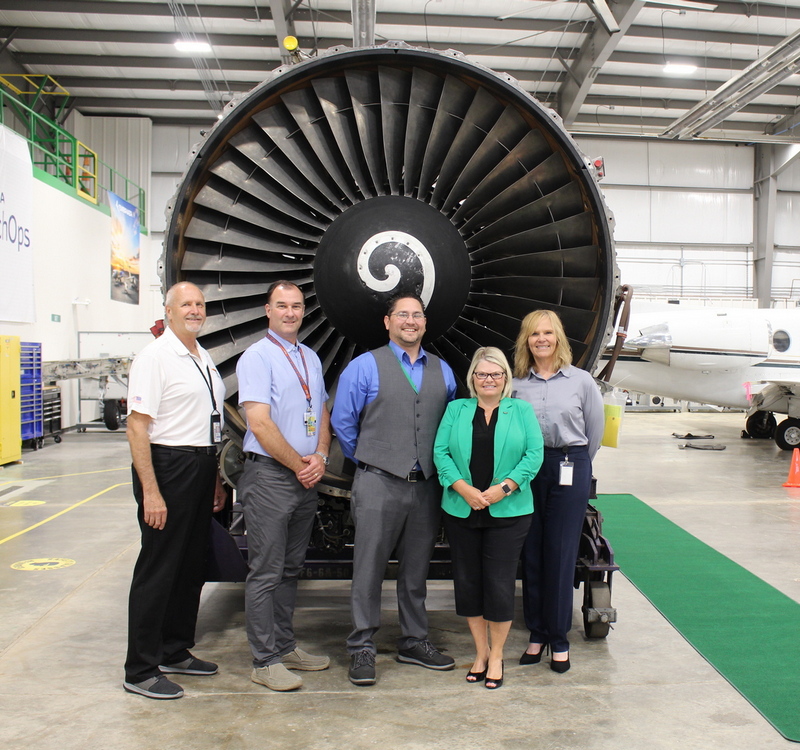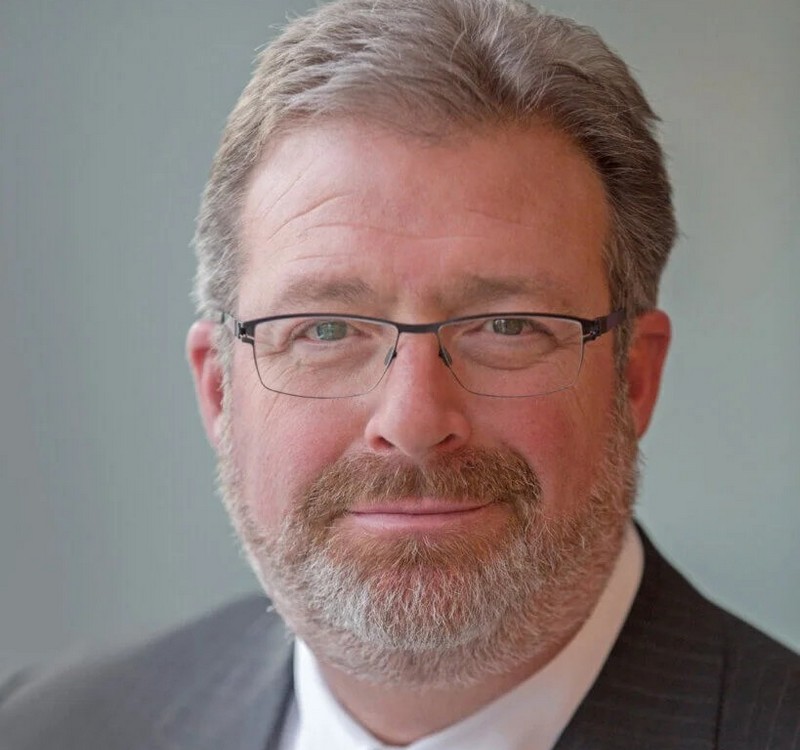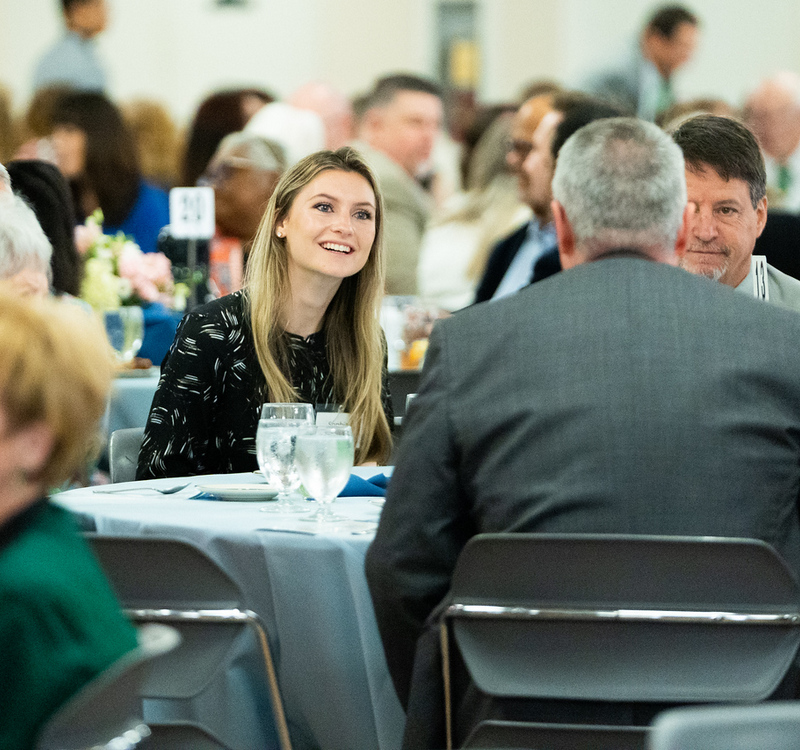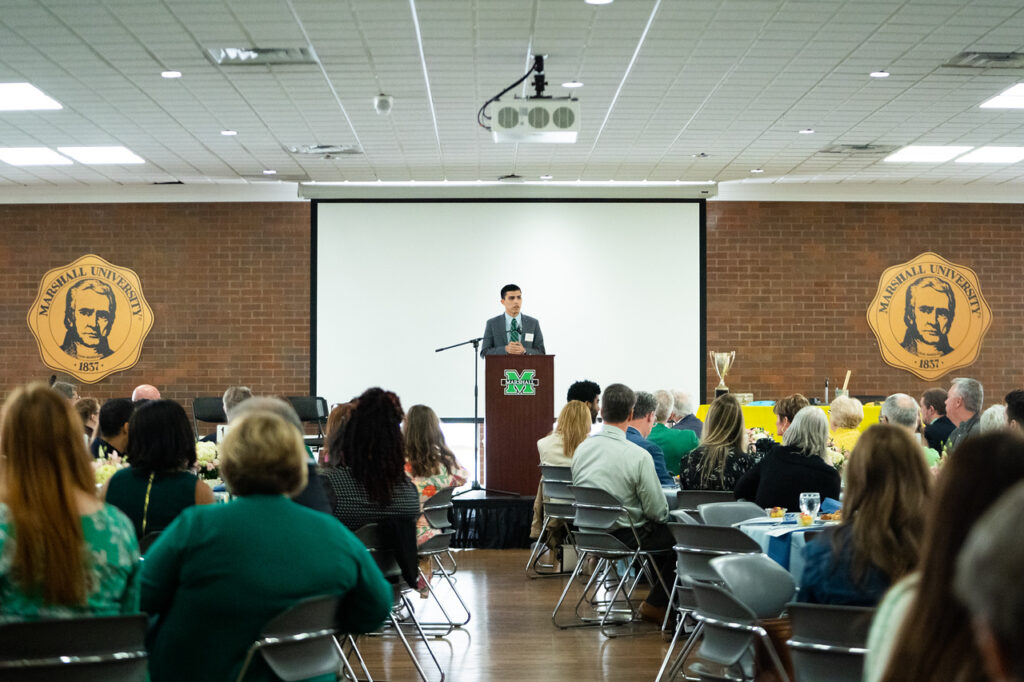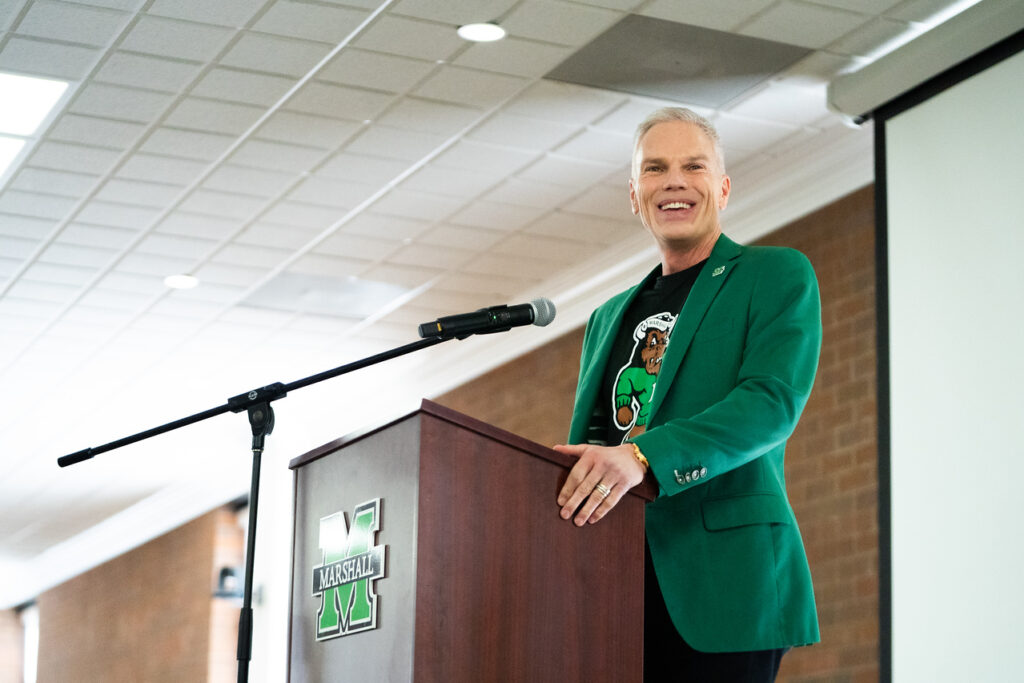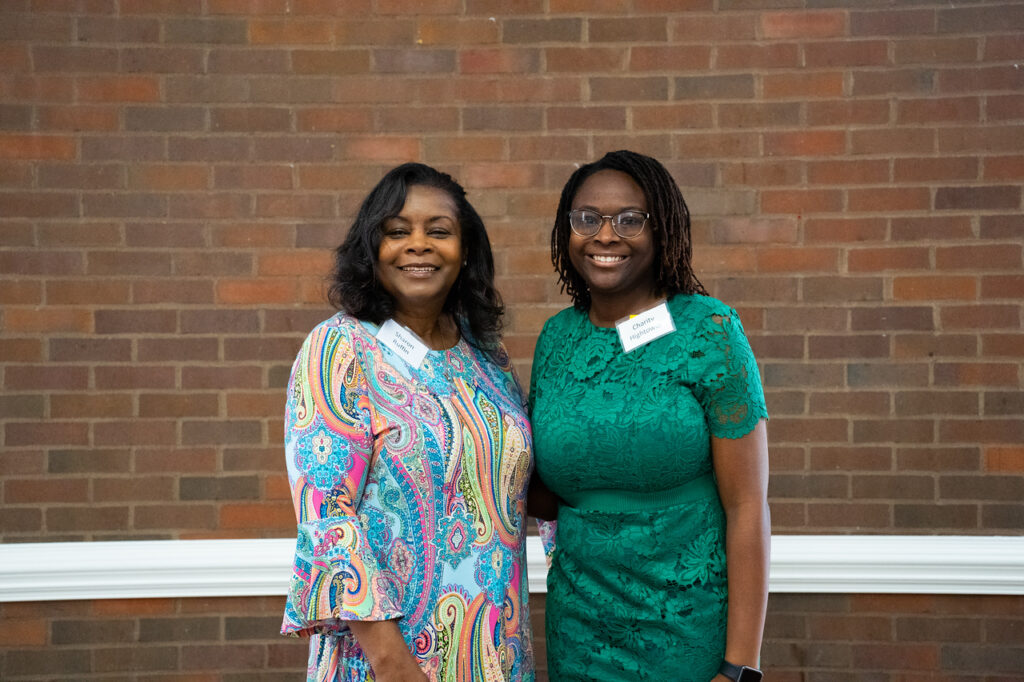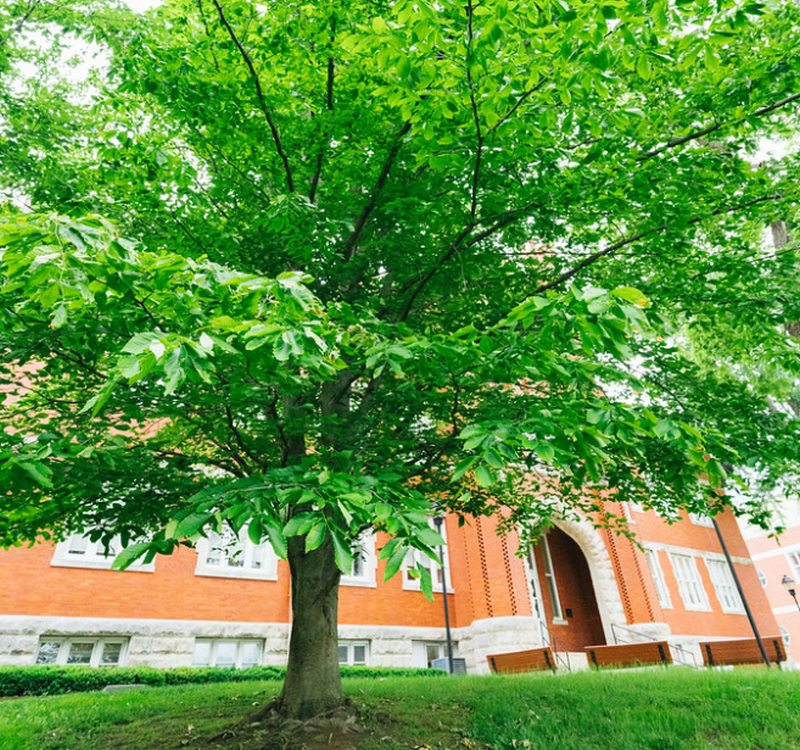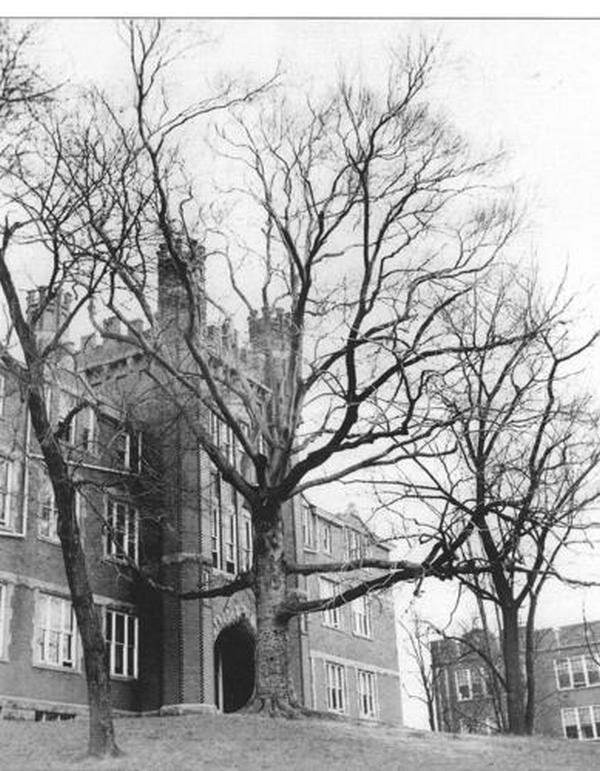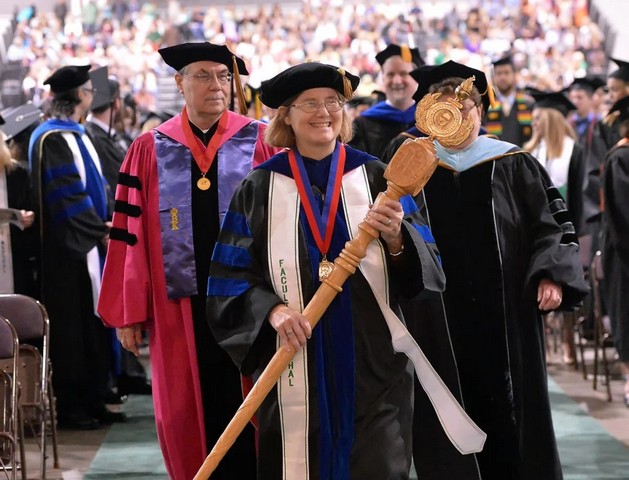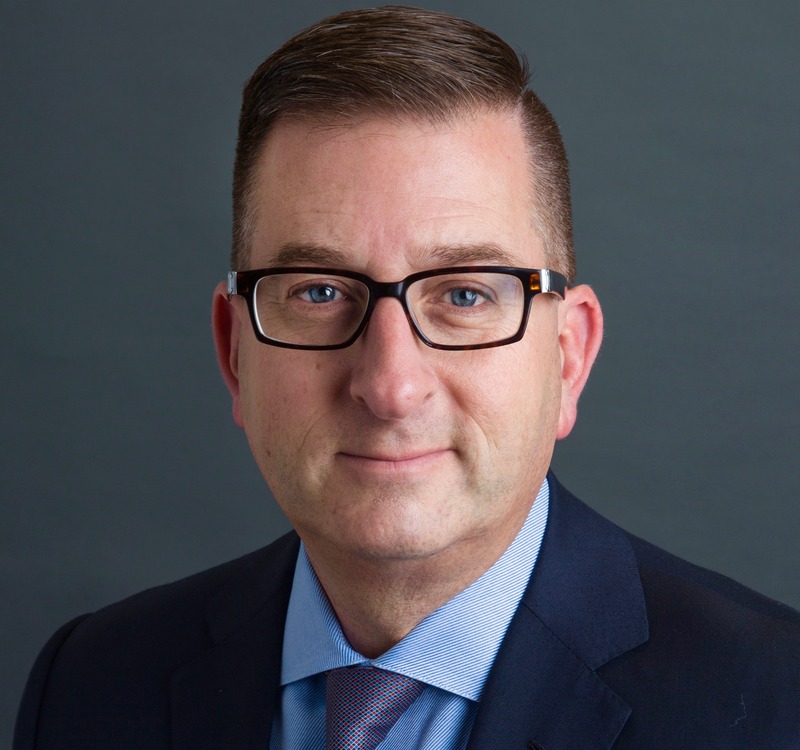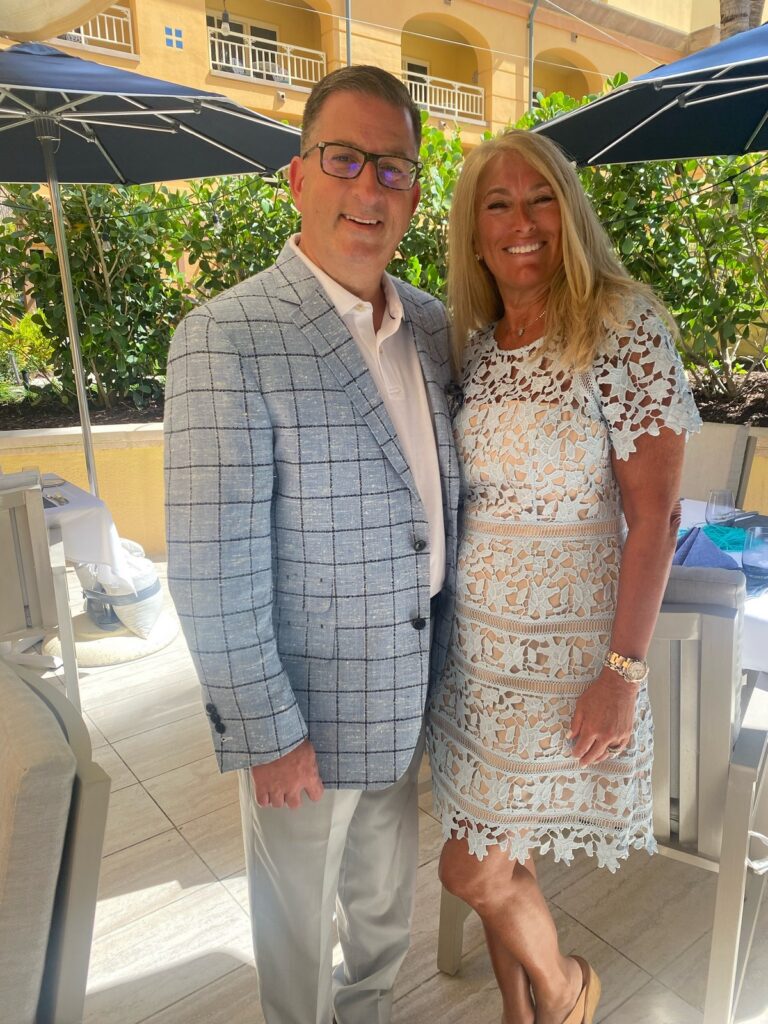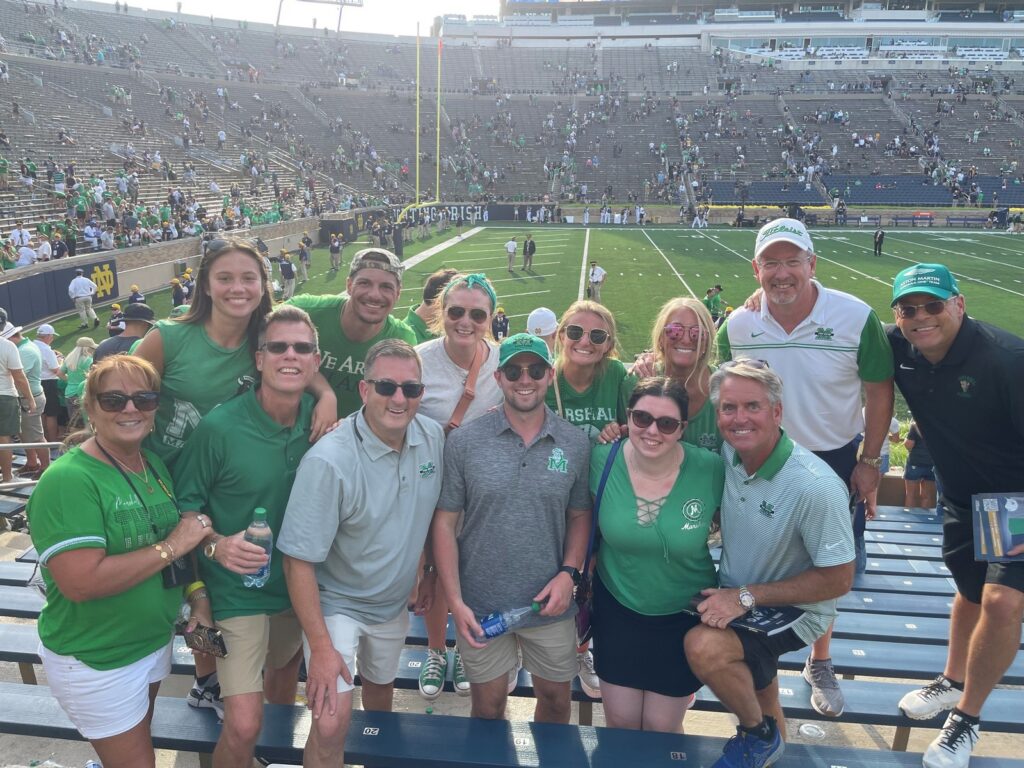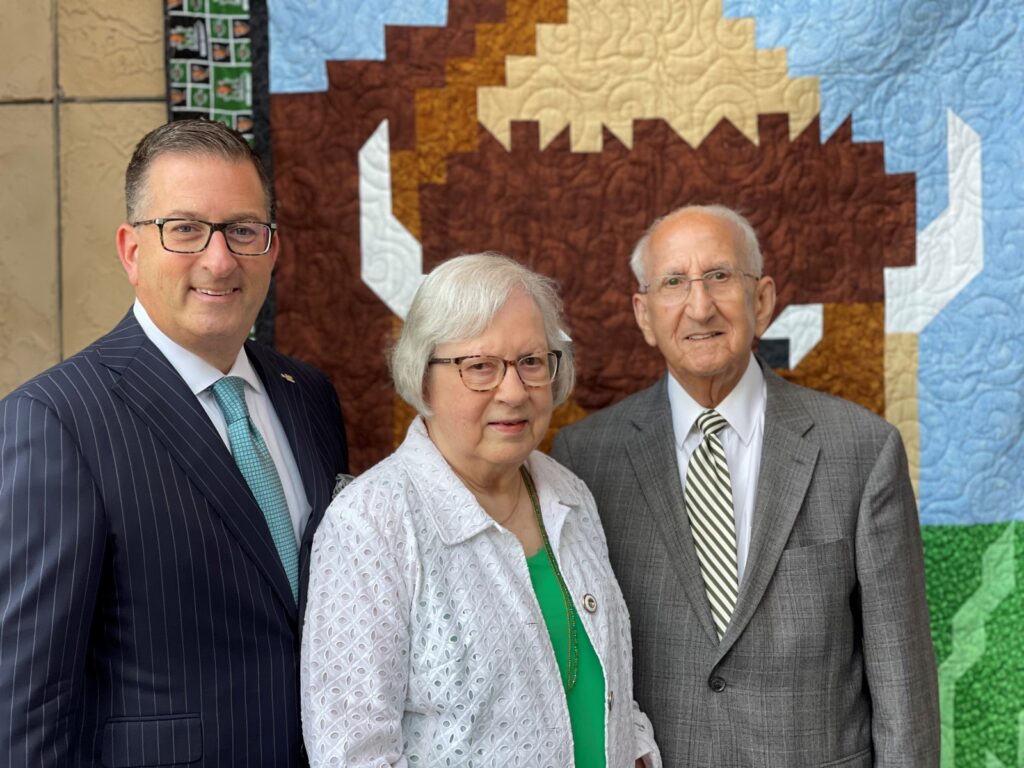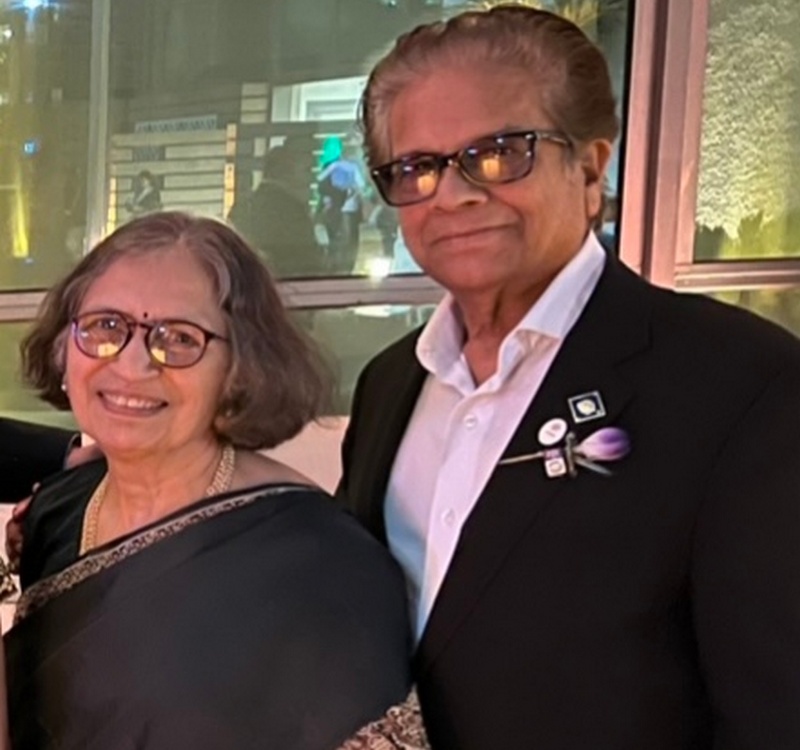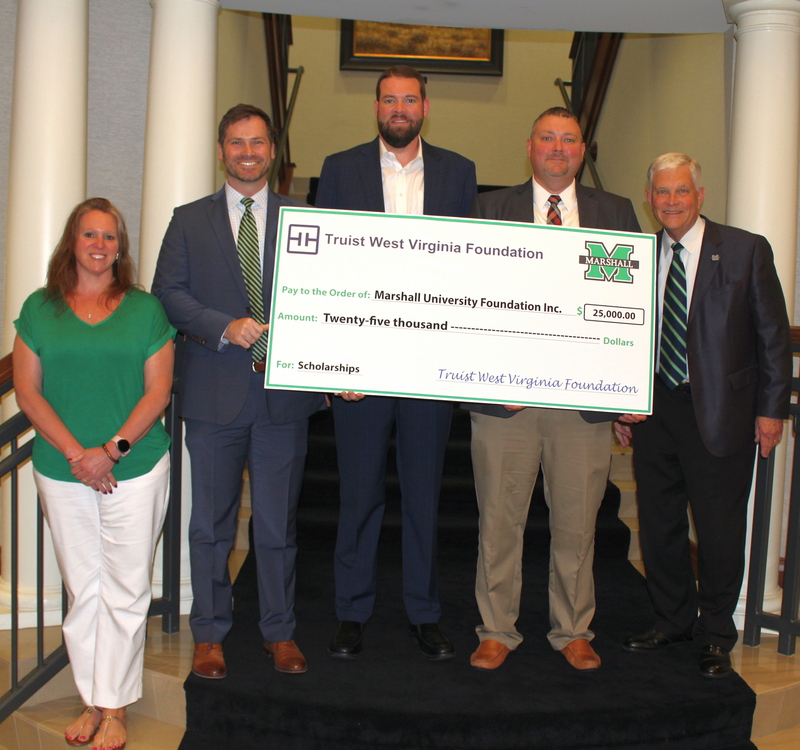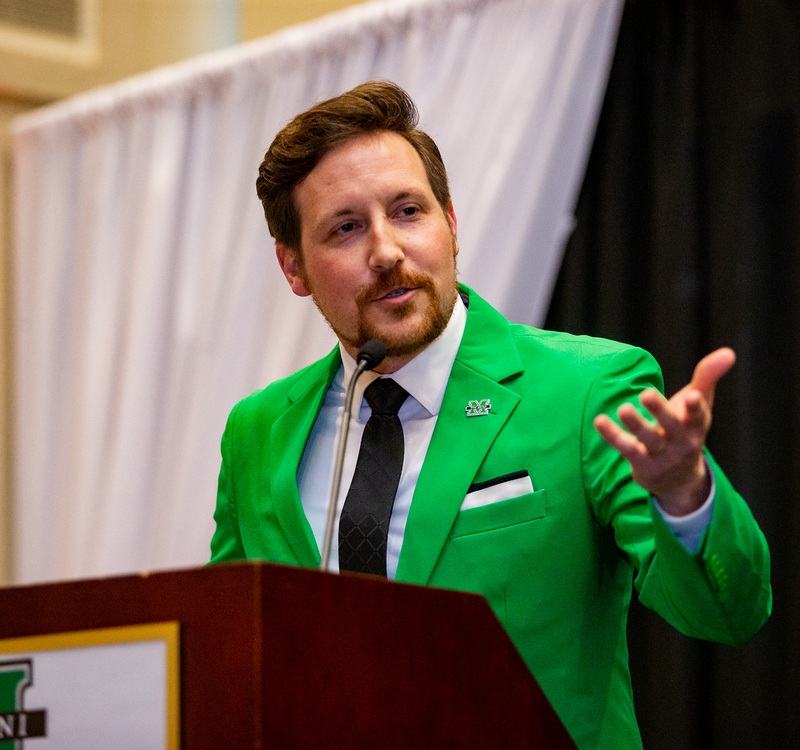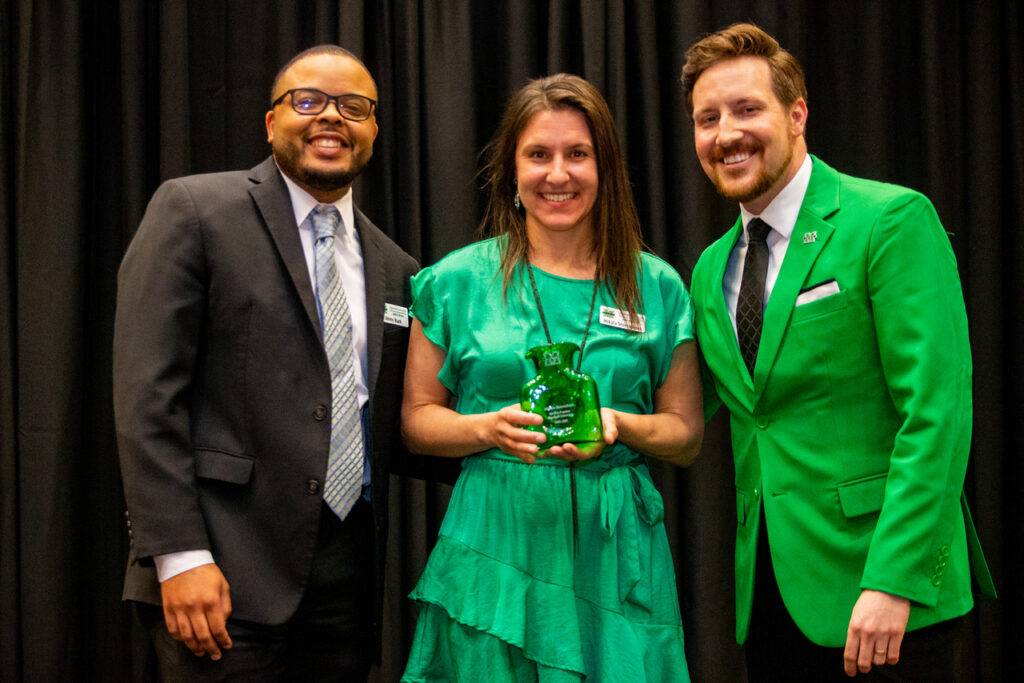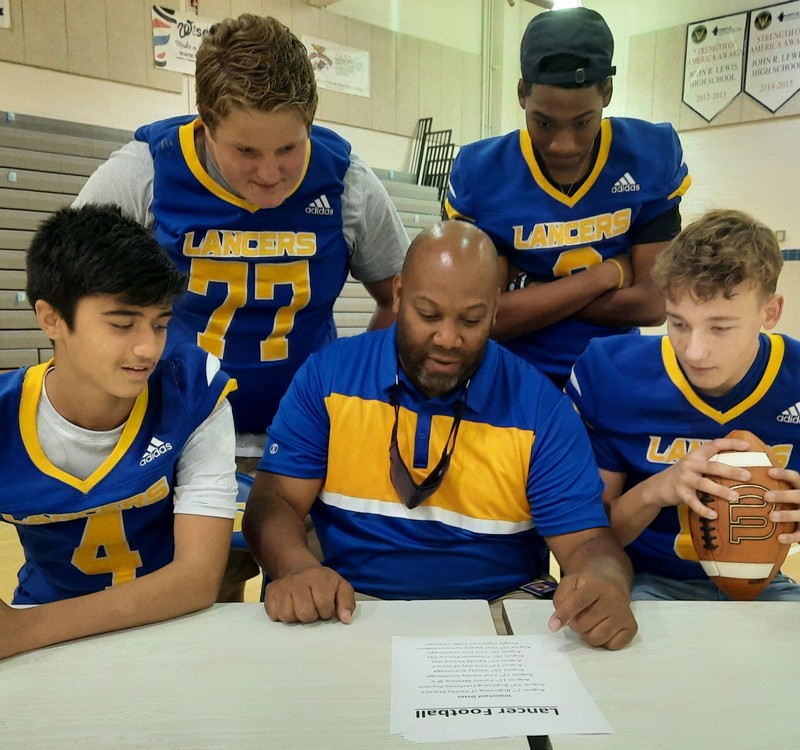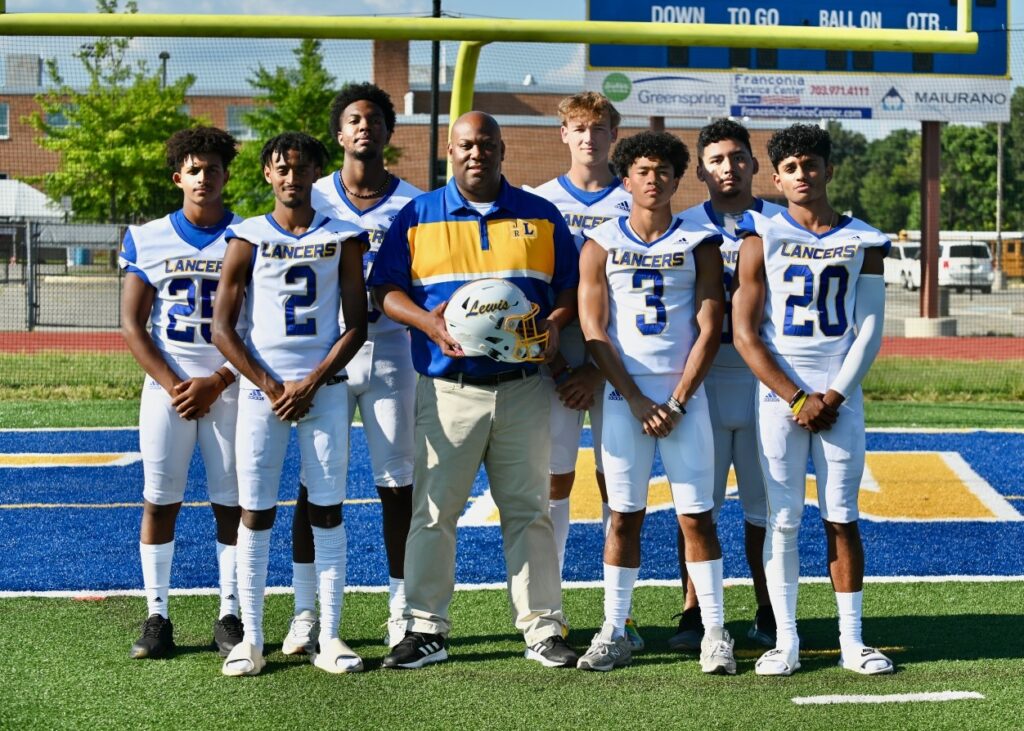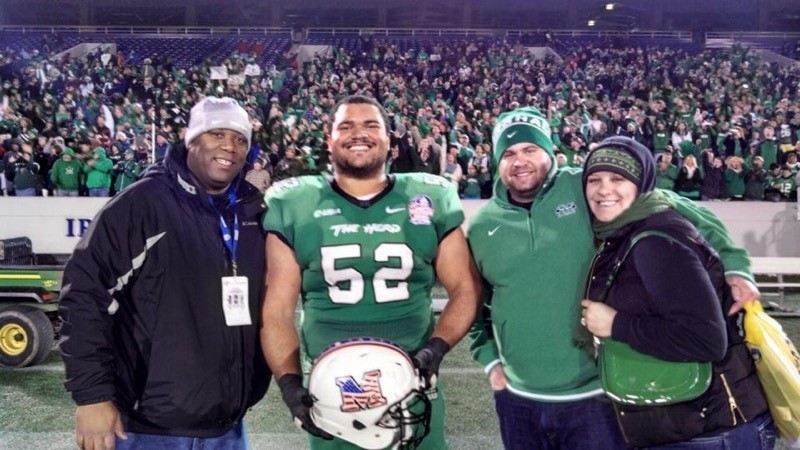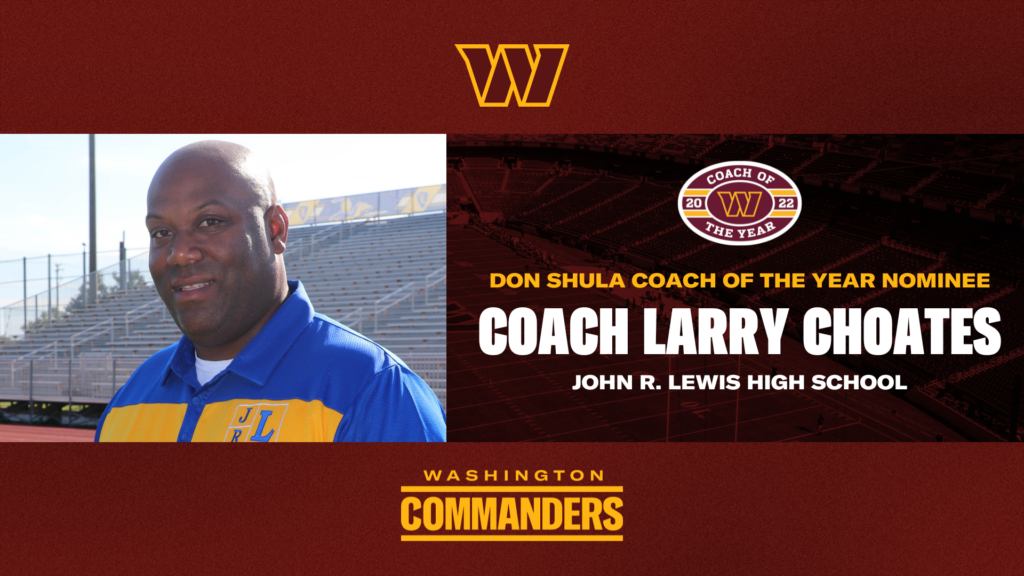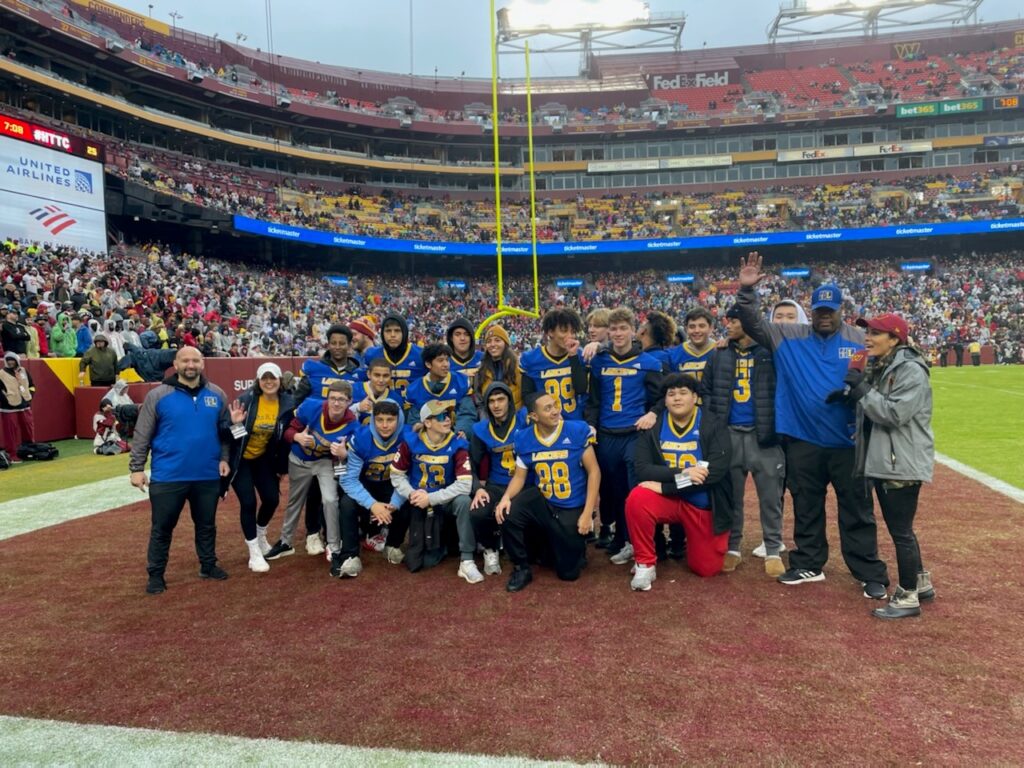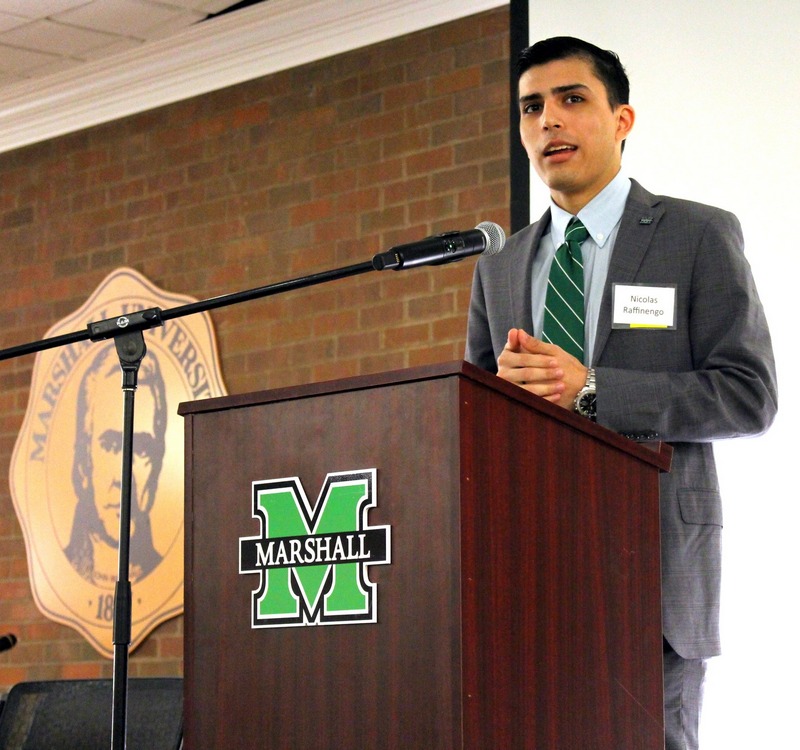The Marshall University Foundation has announced that transport and logistics giant FedEx has gifted a jet engine from its fleet of aircraft to the Aviation Maintenance Technology (AMT) program at Marshall University.
The engine, a General Electric CF6 motor from a retired McDonnel Douglas DC-10 aircraft, will be used in the daily classroom instruction of AMT students as they work toward their powerplant certification.
“Donations like the CF6 allow our students to have hands-on experience working on large transport category aircraft systems,” said Jim Smith, director of the AMT program at Marshall. “The CF6 is one of the most common large transport category engines in the world and will be what most of our students will work on when they enter the industry. Having a partner like FedEx provides our program with materials that we may not be able to acquire otherwise and helps provide our students with options in the industry which will enrich the overall student experience.”
FedEx provides customers and businesses worldwide with a broad portfolio of transportation, e-commerce and business services. FedEx is world-renowned for its air delivery service, with a fleet of nearly 700 aircraft traveling to more than 220 countries and territories and a daily package volume of more than 6.3 million.
“FedEx is committed to supporting programs and aviation schools such as the fine one at Marshall University that enables students to explore the endless possibilities of careers in aircraft maintenance,” said Scott Ogden, vice president of aircraft maintenance at FedEx. “We need a new generation of technicians to keep the world flying, keep communities connected and keep the dream alive – that they, too, can soar with a career in aviation. FedEx donating retired aircraft, engines, and tools helps students have a more realistic approach to aircraft maintenance in their training.”
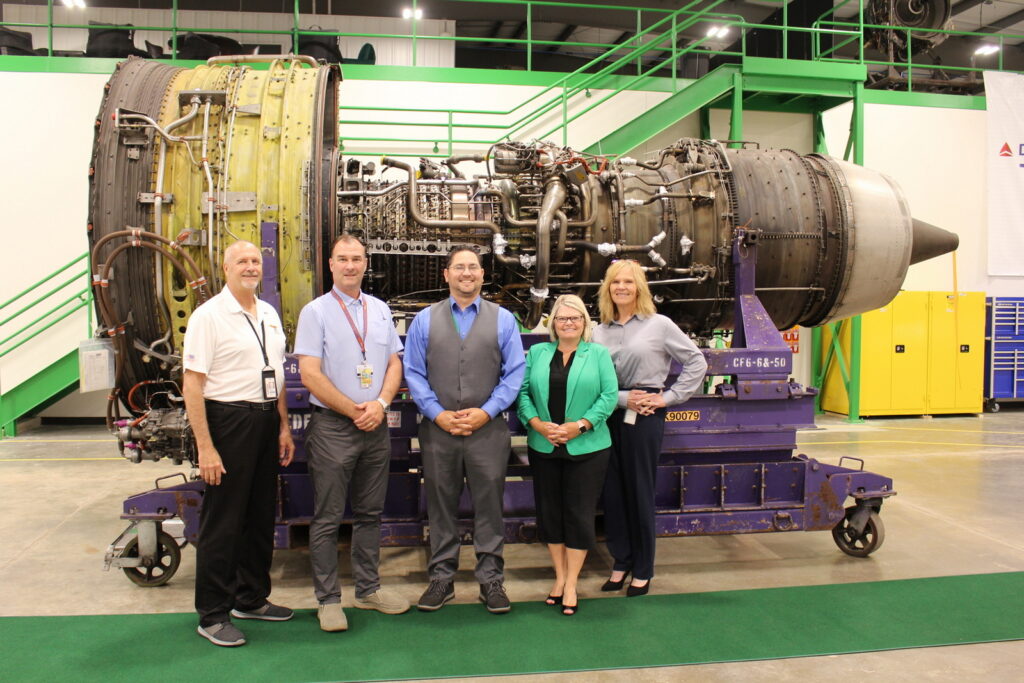
The Aviation Maintenance Technology program at Marshall, which launched in 2022 as a joint degree program with Mountwest Community and Technical College, provides training in aircraft maintenance technology where students learn to inspect, maintain and repair aircraft systems. The program, housed at Huntington’s Tri-State Airport, currently has 22 students, and is expected to grow to 30 for the fall semester.
The AMT program offers a two-year Associate of Applied Science degree through an 18-month, year-round program. Graduates receive an associate degree and are eligible to take the Airframe and Powerplant certification exams from the Federal Aviation Administration. The program is the first of its kind in the region.
Thanks to partners like FedEx, the program will only continue to grow to provide a strong workforce both regionally and around the world.
“Because FedEx has such a large presence with their daily aircraft operations, we knew it was vital to partner together to provide a talented workforce for the industry,” Smith said. “When we were developing this program, FedEx asked what they could do to help our program and they generously offered this engine. We are grateful to FedEx for helping make an impact on our students.”
The AMT program is part of Marshall’s larger Division of Aviation, which also includes a commercial pilot program through Marshall’s Bill Noe Flight School. For further information, contact Jim Smith, director of the AMT program, by e-mail at jsmith@marshall.edu or by phone at 304-696-4832.

